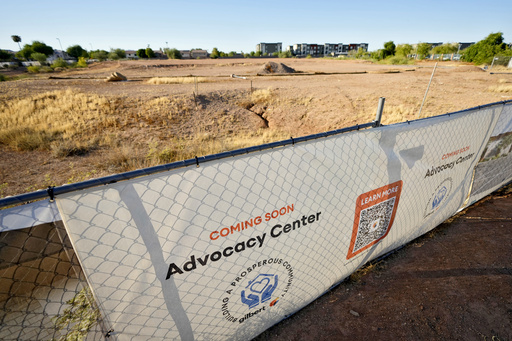The town of Gilbert, a suburb of Phoenix, received $24 million in federal pandemic aid but has not utilized most of it yet. The majority of the funds are intended for a crime victims center, which is currently an empty plot of land. Only a quarter of the funds have been committed to specific projects, but town officials expect to allocate the rest soon to comply with the deadline set by Congress and President Joe Biden for COVID-19 relief funds.
Data from the Treasury Department shows that approximately 80% of the $350 billion in relief funds have been committed, with about one in five local governments lagging behind in allocating the funds. The Treasury Department is actively assisting communities in understanding and meeting reporting requirements.
Critics have raised concerns about potential wasteful spending of the American Rescue Plan funds, but local officials argue that the funding enables crucial projects that would otherwise be unaffordable. Gilbert plans to use a significant portion of its funds to establish a facility for victims of sexual assault, child abuse, and domestic violence.
Other local governments, such as Dearborn Heights in Detroit, have faced challenges in quickly allocating their funds. Dearborn Heights initially allocated a small portion of its $24 million for administrative expenses as they work on projects related to infrastructure improvements.
As the deadline approaches, some states and local governments are revising their spending plans to ensure full utilization of the allocated funds. For instance, Missouri reallocated funds initially intended for specific projects to new initiatives, including education and healthcare programs. Similarly, Connecticut and New Orleans are reallocating funds to meet their communities’ immediate needs and avoid returning unutilized money.
Despite facing criticisms and challenges, officials believe that investing in communities with the federal funding is crucial for supporting local projects and the future workforce. The aim is to ensure that all funds are effectively utilized to address various needs resulting from the pandemic.


